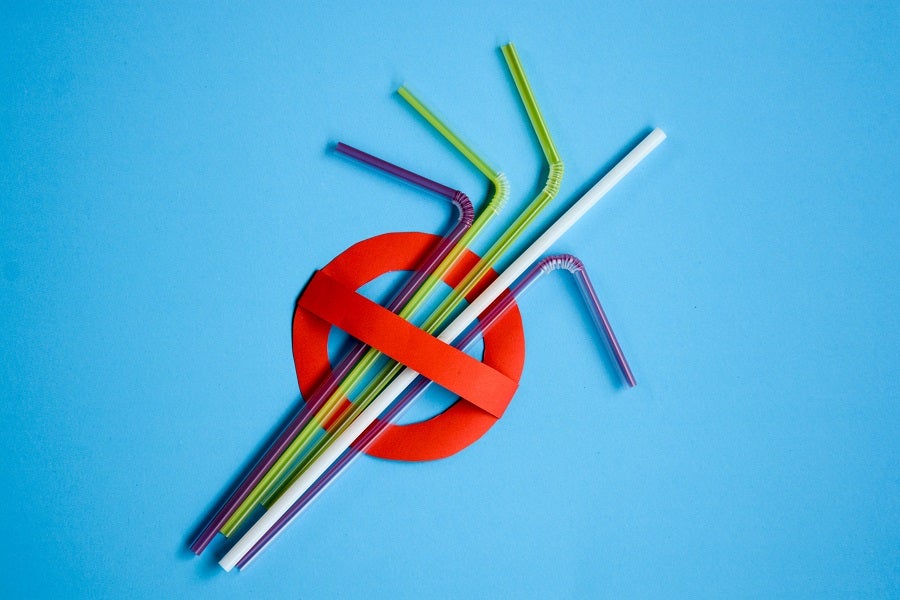
The news headlines are grim. A male pilot whale dies on a Thai beach having swallowed 80 plastics bags; images of turtles stuck in six-pack plastic rings; a sad photo of a tiny seahorse clinging to a plastic ear-bud goes viral. Plastic products wash up daily on beaches worldwide –from Indonesia to coastal west Africa, and waterways in cities are increasingly clogged with plastic waste.
But the world is taking note and countries, the private sector, and communities are starting to act. From bans and taxes on various single-use plastics, to investments in waste collection, and policies on reduced plastics packaging, to beach clean-ups. We are trying to break the addiction to plastics, and contribute to healthier lives and a healthier planet.
This year, World Environment Day focuses on “Beating Plastic Pollution”. The World Bank is contributing to this effort, using our suite of lending instruments and policy dialogue with key countries and cities to help identify and finance solutions to address the marine plastics issue. For example, the World Bank is a long term strategic investor in the improvement of municipal solid waste management systems that, if not correctly managed, are a major contributor to the ocean plastics problem. Since 2000, the World Bank has invested over $4.5 billion to help improve more than 300 solid waste management programs to reduce pollution leakage, including plastics, into our environment. The Bank is also studying the flow of plastics into the ocean through a series of plastics pollution hotspot analyses to prioritize investments and look for quick wins.
But it is going to take more than building better solid waste management systems. Everyone needs to be on board to solve this problem and individual actions count.
Here are five things YOU can do—starting TODAY —to end plastic pollution:
Today, on World Environment Day 2018, please join the Plastics Detox movement. These five, relatively simple, actions can revolutionize our relationship with plastic. Let’s use our voice, and behavior to stem the tide of plastics pollution. Maybe then we’ll read stories about pristine beaches and happy turtles.


Join the Conversation